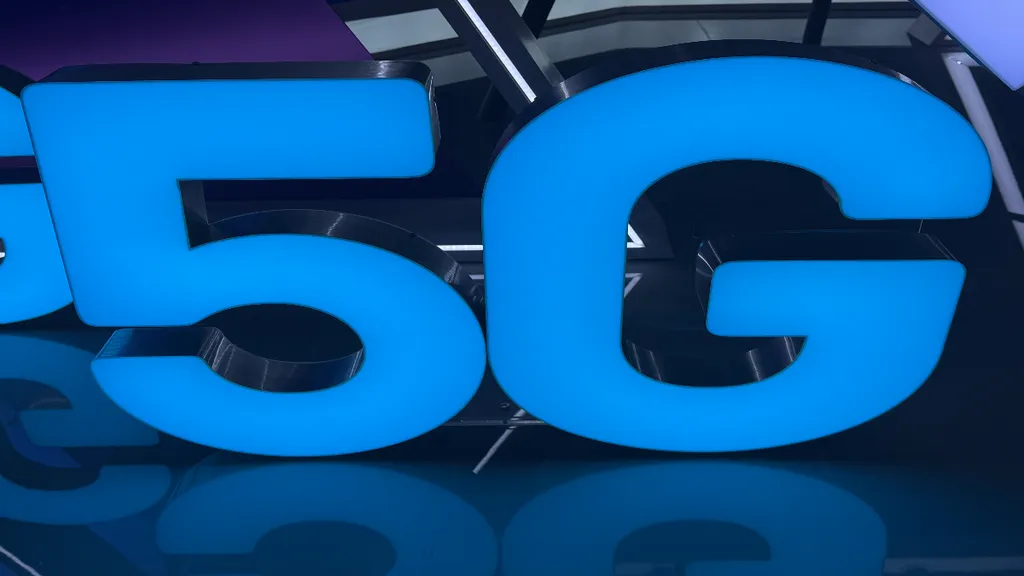In the rapidly evolving landscape of technology, the fusion of Internet of Things (IoT) applications with 5G networks is emerging as a transformative force, particularly in the energy sector. A recent study published in the journal *Computers* (translated from German) delves into this integration, offering insights that could reshape how industries approach connectivity and data management.
At the helm of this research is Aymen I. Zreikat, a leading expert from the College of Engineering and Technology at the American University of the Middle East in Kuwait. Zreikat’s work highlights how 5G’s ultra-low latency, high data speeds, and massive interconnection capabilities provide an ideal platform for IoT ecosystems. “The convergence of IoT with 5G is not just about faster data transfer,” Zreikat explains. “It’s about creating a seamless, interconnected environment where devices can communicate in real-time, enhancing reliability and scalability.”
The implications for the energy sector are profound. Imagine smart grids that can self-monitor and adjust to demand fluctuations, or industrial automation systems that operate with unprecedented efficiency. “5G’s advanced features like network slicing and edge computing allow for more precise control and management of energy resources,” Zreikat notes. This could lead to significant cost savings and improved operational efficiency for energy companies.
However, the integration is not without its challenges. Security, energy efficiency, and network management are critical concerns that need to be addressed. “While the potential benefits are immense, we must also consider the security implications of having more devices connected to the network,” Zreikat cautions. “Ensuring robust security measures will be crucial to prevent potential vulnerabilities.”
The study also emphasizes the importance of interoperability, allowing diverse devices and networks to communicate seamlessly. This is particularly relevant for the energy sector, where different systems and technologies often need to work together. “Interoperability is key to unlocking the full potential of IoT and 5G integration,” Zreikat states. “It enables a more cohesive and efficient ecosystem, which is essential for the energy sector.”
As the world moves towards a more connected future, the insights from Zreikat’s research provide a valuable roadmap for researchers, industry experts, and policymakers. The integration of IoT with 5G networks is not just a technological advancement; it’s a strategic imperative that could redefine the energy sector and beyond. With the findings published in *Computers*, the stage is set for further exploration and innovation in this exciting field.

